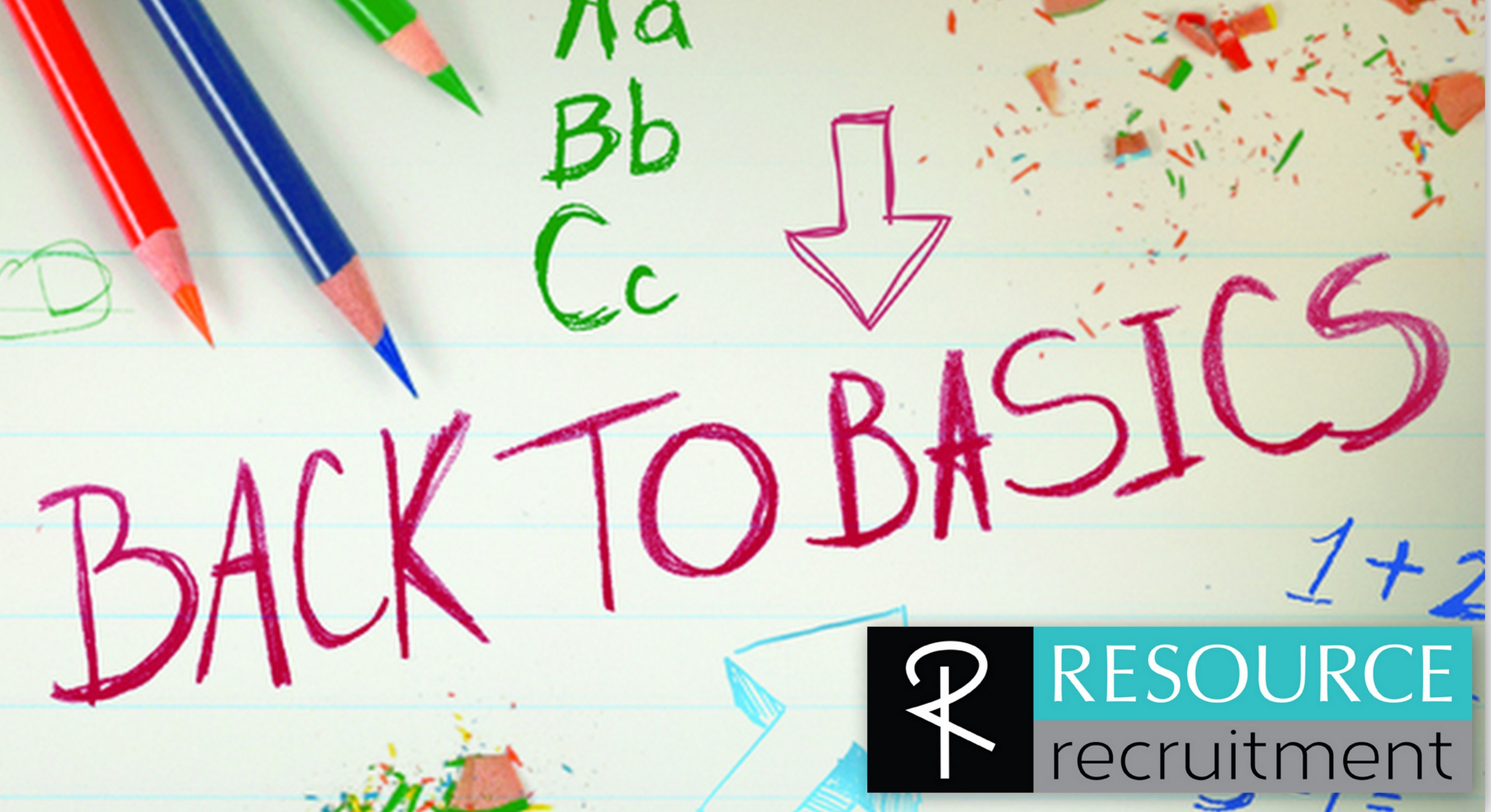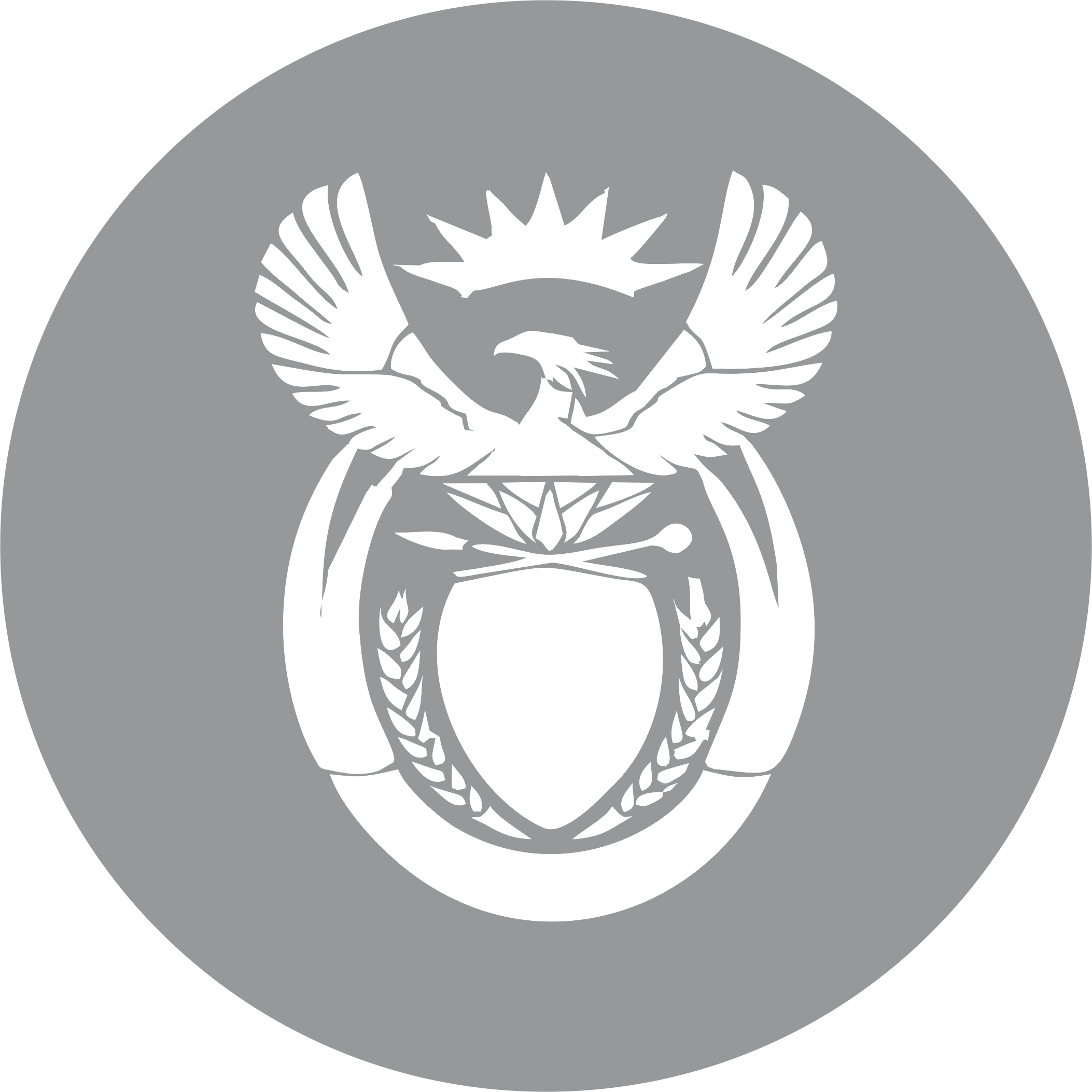
29 Jan Back to basics
Take a step back, and look at your CV’s, your interview style and your job applications as if you were looking at yourself through the eyes of the company recruiting you.
Here are a few things to consider:-
- Is the CV that you are sending out selling?
- Is it the most professional first impression that you can make? Is it a scanned or “fax to email” copy that is blurred, upside down and has written notes down the margin- or is it a simple, Adobe or MS Word document that you have done spell check on and will show you to be the professional you are? You have no idea how the time taken to type your CV up and save it can make all the difference.
- Does you CV have the information to sell you? Imagine that you were looking to employ a technician to fix your cell phone and TV. If the brochure that the technician gives you tells you all their personal details, what they like to do on the weekend, that they studied a cooking course and enjoy long walks on the beach- would you employ them. You are not applying to a dating service- you are looking for a professional to fix your TV! You want to know how many years technical experience they have, what their technical qualifications were and exactly what they have done. The technical information will be why you employ them for the job- the personal details are just nice to know. Does you CV give the technical details, or is a dating service application?
- The biggest thing missing from CV’s is dates! So many people leave them off and they are so important. Always put your most recent job first, the dates that you worked at a company and what you did. This is the “technical information” that someone will employ you off.
- Remember- if it’s not on your CV, you never did it! Your CV is your first impression and sums you up in a few pages. It is what decides if you are worth interviewing or not. In an interview, you can show then who you are.
Covering letters and emails.
- Don’t use abbreviations and SMS text when sending your CV- even if you are sending it from a blackberry.
- Mention the position that you are applying for- most employment agencies and HR departments are dealing with several at the same time and often will assume that you are just sending it in general, and you won’t be considered for the actual position you are applying for.
- Emotional blackmail will always count against you. I am not going to give you a job because your family is all starving and I resent you trying to make me feel guilty, when I don’t even know you. Tell me your story when I interview you, because I care, and I will do my best to help you- but don’t try emotional blackmail as a stranger to get an interview.
- Rather keep covering emails to a simple one line, unless you actually have something specific you want to mention in the letter. You can sell yourself out of the job if you are not careful, and do not know exactly what the company are looking for.
Application forms.
Everyone hates application forms- on the internet, our emails and when you arrive at the company. There are reasons for these, and ignoring them will not win you any points. The employer needs the information for a reason, and often it is to determine your suitability. Trust me when I say the time spent on application forms is worth it. After the interview, they will keep going back to the application form…. and maybe your CV.
- Are you prepared for your interviews?
- Dress appropriately for an interview. The interviewer will assume that you are dressed your best for an interview, and from here on you will dress down. They will assume that you are stressing to make a good first impression.
- Going in a work uniform is fine, but excuse yourself and explain when you arrive.
- Jeans and a T Shirt just shows a complete lack on respect.
- Be on time, have your CV with you, know your dates and references details.
- Look up the company on the internet if you can.
- Think of potential questions that you will be asked, and need to ask.
- Being prepared is half way to not being nervous. But if you are extremely nervous- there is nothing wrong with telling the interviewer. Nerves can make you seem sullen, too introverted or too immature- telling them will hopefully mean the interviewer will be more gentle, put you at ease and take it into account when considering you for the interview.
When you are looking for a job, it is the little things that count. It is the attention to detail that will put you ahead of the rest. Make that extra effort, and see what happens!
Always look at yourself through the eyes of the employer, and ask yourself:- Would I employ this person?



